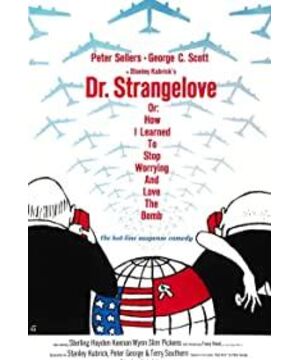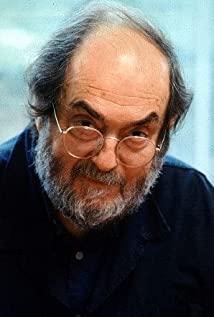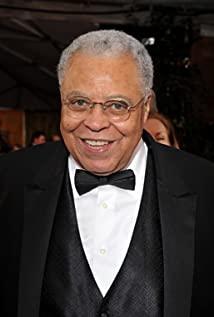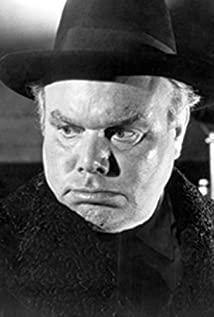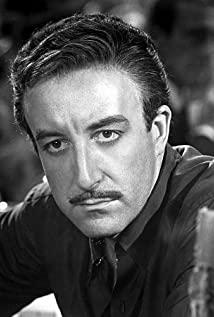In 1964, American director Stanley Kubrick constructed a parallel world called Dr. Strangelove with his dark humor. Here the US bombers launched a general attack on the Soviet Union; what awaited them was the Soviet Union's "doomsday device".
Dr. Strangelove is a movie about the Cold War, nuclear showdown, and political friction. I always thought that such movies are full of violence, blood, ugly, etc. After watching this movie, I deeply feel that my understanding of such movies has How scarce.
In this film, all human concerns about the relationship between the Soviet Union and the United States during the Cold War became a reality. In the film, both the Soviet ambassador and the American general fell into an ideological trap. They believe in all the conspiracy theories the media tells them. The Soviets decided to make their own "doomsday device" based on the New York Times' bluff coverage of the "doomsday device" in the United States. At the moment when all mankind is about to perish, the Soviet ambassador did not forget to take pictures of American "secrets" everywhere. Politicians only serve their personal interests without caring for the safety of the people, which is undoubtedly a satire on the politicians of the time.
Fortunately, in real life, nuclear war did not break out. The so-called strange love is not in the parallel world in the movie, but in the real world that we can experience.
View more about Dr. Strangelove or: How I Learned to Stop Worrying and Love the Bomb reviews


